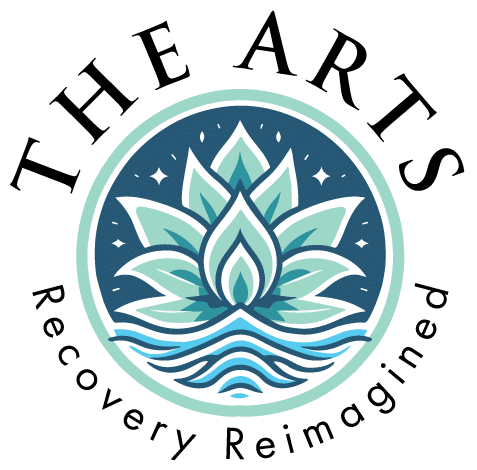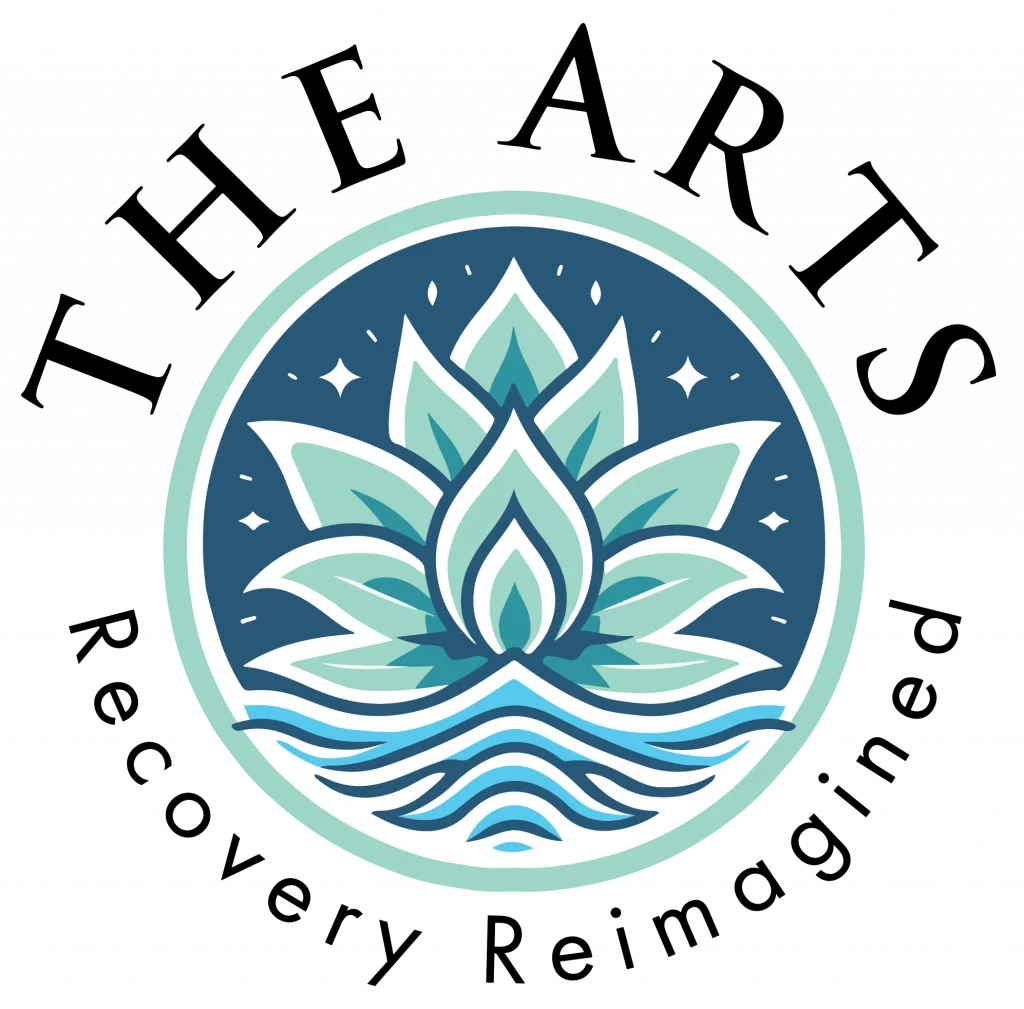Addiction is a problem that impacts millions of individuals globally. Recent data from the National Institute on Drug Abuse (NIDA) reveals that more than 20 million Americans aged 12 and above struggle with substance use disorders. This concerning figure underscores the reach of addiction affecting people from all walks of life and communities. It’s important to note that addiction doesn’t just impact the person struggling; it also affects their families, workplaces, and society as a whole. Recognizing the signs of addiction plays a role in providing timely assistance and support.
Warning Signs of Addiction: Neglecting Responsibilities
When it comes to neglecting responsibilities due to addiction, individuals may find themselves falling behind in their work, studies, or household duties as their focus shifts toward substance use. This could result in poor performance at work or school, missing deadlines, and decreased productivity.
Signs of neglecting responsibilities include:
- Skipping work or school.
- Decreased performance and grades.
- Missed deadlines or did not complete tasks.
- Neglecting household chores.
Neglecting responsibilities can affect one’s career, education, and overall well-being. Recognizing these signs can be crucial in identifying addiction and seeking help when needed.
A notable behavioral indicator of addiction is a shift in activities and interests. Individuals grappling with addiction often lose interest in hobbies they once enjoyed engaging in.
Changes in behavior may occur due to a desire to seek and use substances, which may take priority over interests.
Some examples of shifts in activities and pastimes include:
- Giving up hobbies and interests.
- Spending time on leisure activities.
- Participating in potentially risky activities linked to substance use.
- Placing substance use above once-important activities.
These alterations can negatively impact an individual’s well-being and overall happiness. Recognizing these cues is essential to identifying addiction. By observing changes in interactions, responsibilities, and hobbies, individuals and their loved ones can begin seeking assistance and addressing the problem proactively before it escalates.
Warning Signs of Addiction: Early Identification
The Centers for Disease Control and Prevention (CDC) emphasizes the decline in health due to substance abuse, highlighting the importance of early identification and intervention.
When someone decreases or stops using substances, they may experience withdrawal symptoms. These symptoms can show up in ways. Differences based on the substance often include nausea, vomiting, shaking, sweating, and intense headaches. In some situations, withdrawal could result in conditions like seizures or heart problems. Recognizing signs of tolerance and withdrawal is vital for understanding the seriousness of addiction and the necessity for assistance.
Spotting signs of addiction can significantly impact an individual’s path to recovery; by noticing changes in appearance, health issues, signs of tolerance, and withdrawal, friends, family members, and healthcare professionals can provide timely support and intervention.
In work or school settings, these mood changes can impact performance unpredictably, causing misunderstandings and clashes with colleagues or peers. It’s essential to identify these mood swings as indicators of addiction to address the core problem and seek assistance.
Warning Signs of Addiction: Mental Health
Addiction can lead to psychological issues like paranoia and hallucinations. Paranoia involves having irrational distrust or suspicion toward others, which can significantly affect relationships and social interactions. People may believe others are plotting against or constantly surveilling them when no danger exists.
On the other hand, hallucinations refer to experiencing sensations like seeing, hearing, or feeling things that aren’t there. These sensory distortions can be frightening and disorienting, potentially leading to behaviors based on these perceptions. For example, someone hearing hallucinations might perceive voices prompting actions.
These significant psychological symptoms are often linked to prolonged or heavy substance use such as methamphetamine, cocaine, or hallucinogens. Identifying paranoia and hallucinations as indicators of addiction is crucial for seeking immediate medical and mental health support.
Recognizing the indicators of addiction empowers individuals and their families to seek assistance proactively. Early intervention improves recovery prospects, paving the way for a more balanced existence.
The ARTS IOP: Comprehensive Addiction Treatment
The Addiction Recovery Treatment Services Intensive Outpatient Program (ARTS IOP) is an approach to helping individuals overcome addiction and embark on their path to recovery. Recognizing the signs of addiction and seeking assistance are steps toward effective treatment and sustained healing. Within the ARTS IOP, individuals find a supportive environment where they can access care while managing their daily obligations.
The ARTS IOP is designed to offer a blend of therapy and flexible scheduling tailored to meet the needs of each participant. Typically, participants engage in hours of therapy per week, which may involve counseling sessions, group therapy sessions, and educational workshops. This setup allows individuals to receive treatment while still being able to maintain their routines at home, work, school, or other activities.
If you or someone you know is showing signs of struggling with addiction, it’s essential to reach out for assistance. The ARTS IOP provides a range of treatment options and support to aid individuals in overcoming addiction and rebuilding their lives.

